How do new developments improve Chapel Hill?
It’s a simple question. And it has a simple answer: New developments provide vital spaces that strengthen our community: spaces for people to live, to work, and to shop. When we provide a greater variety of spaces that work for a more diverse population, we’re a better, stronger Chapel Hill.
How Do Developments Help Chapel Hill?
The way we live today in 2016 is vastly different in nearly every way from the way we lived in 1956 or 1976 or 1996 or even 2006. It’s a logical conclusion, then, that the physical character and design of our community has to be different, too.
Here’s why more spaces for people to live in, work in, and shop in are good for our community:
- New apartments and condos provide much-needed places for people to live. Our housing costs in Chapel Hill are so high in part because we have too many people who want to live here and not enough places for them to live.
- Because community leaders of the 1980s and 1990s wanted to avoid commercial development, most of it located just across the county line in Durham. To increase our share of private sector jobs and our sales tax revenue, we need new developments to provide space for new businesses to strengthen our local economy.
- Chapel Hill’s comprehensive plans calls for concentrating new development along transit corridors, like in downtown, the Ephesus-Fordham area, along Martin Luther King, Jr. Blvd, and Highways 15-501 and 54. This approach to development provides the most benefits to our town and both current and future residents. By focusing in these areas, we reduce our dependence on cars to get around, meaning we can grow and prosper in a way that’s environmentally sustainable and attractive to new residents. And, it’s important to remember, every new development along a transit corridor is a development that doesn’t alter the character of single-family neighborhoods, which existing residents say they value. That’s a win-win for both new and current residents.
The right kind of development—development that doesn’t sprawl out, but instead is built up and is designed to be walkable, bikeable, and accessible by transit—brings all sorts of benefits to Chapel Hill. We should welcome it to our community so that we can thrive and lead our region and state into the future with new housing choices, new transit options, and new job opportunities, for everyone.
— Travis Crayton
Have a comment or opinion you would like to share? Submit your commentary or column for the Commentators, on WCHL 97.9FM and Chapelboro.com.
Podcast: Play in new window | Download
Subscribe:
Related Stories
‹
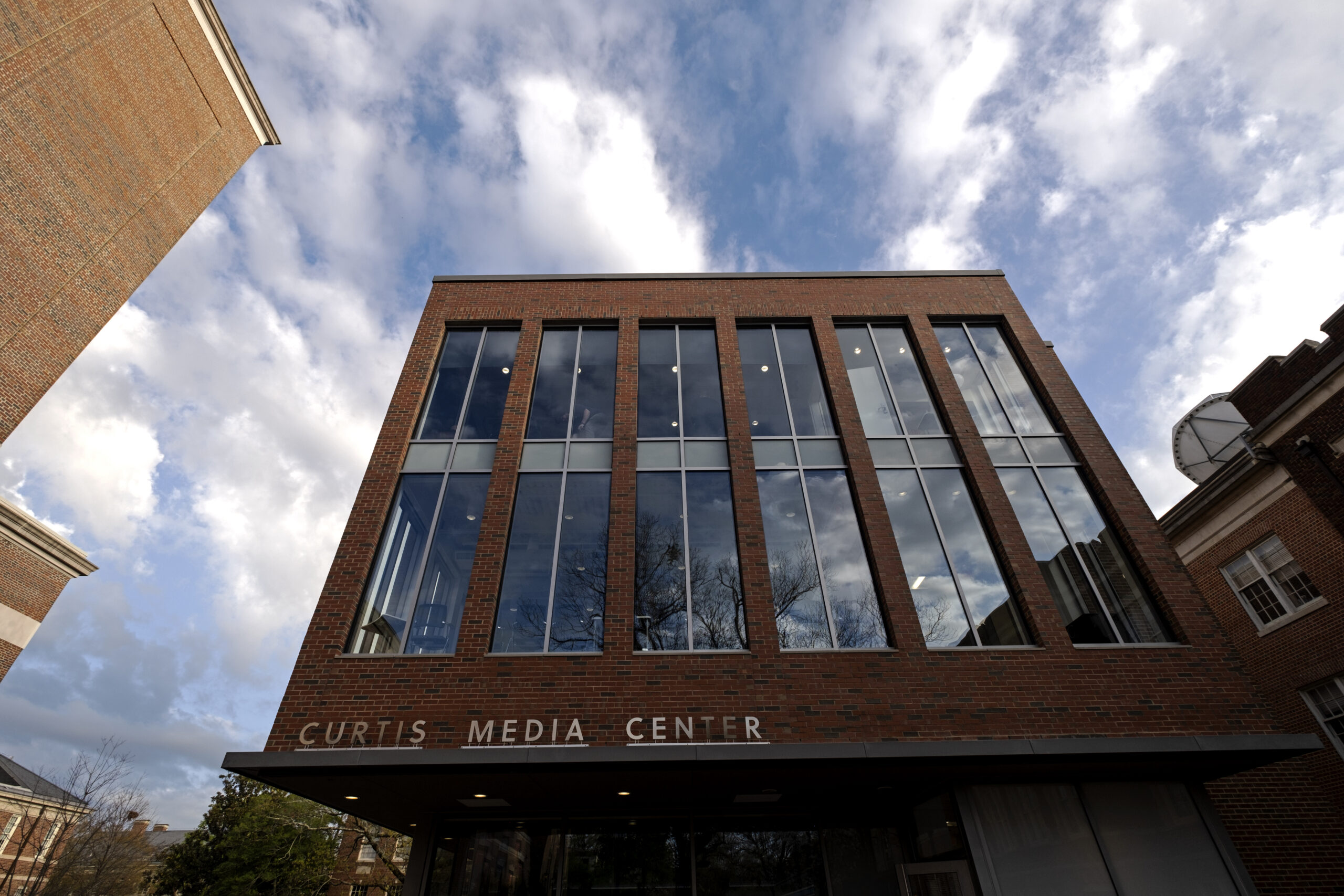
UNC Provides Construction Project Updates to Chapel Hill Town CouncilUNC officials provided a semi-annual update to the Town of Chapel Hill about construction projects at a Wednesday council meeting.
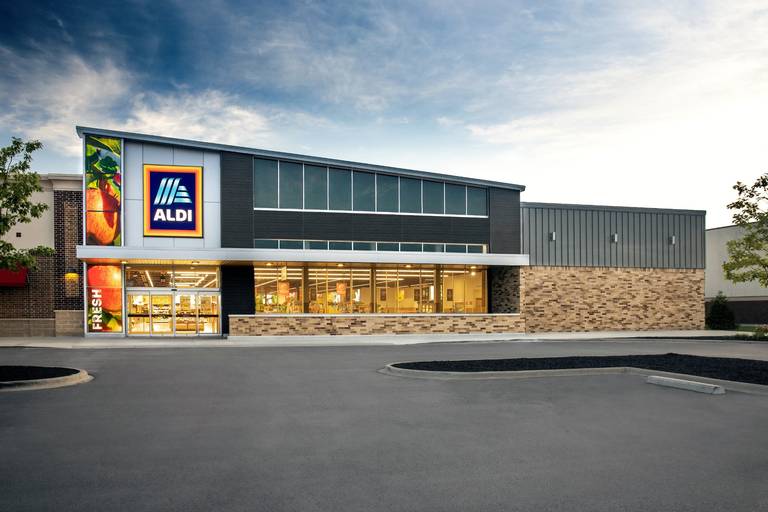
New Aldi Grocery Store Set for Chapel Hill Shopping CenterChapel Hillians can expect yet another grocery store option as a vacant lot at Chapel Hill’s Eastgate Crossing shopping center is filled. In June, the town’s Community Design Commission unanimously approved plans for a 24,884-square-foot Aldi at Eastgate Crossing, located at the intersection of E. Franklin Street and Fordham Boulevard. The space near Kipos restaurant […]
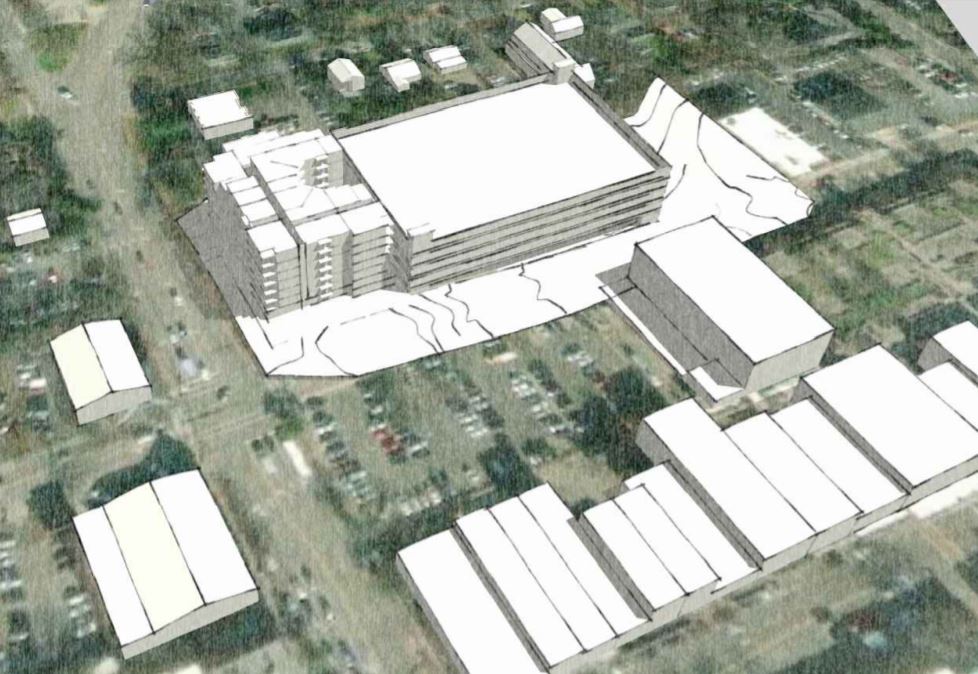
East Rosemary Street Developers Share Plans for New Chapel Hill ApartmentsThe proposed Link Apartments would add approximately 140 new units at the northeastern corner of East Rosemary and North Columbia streets.
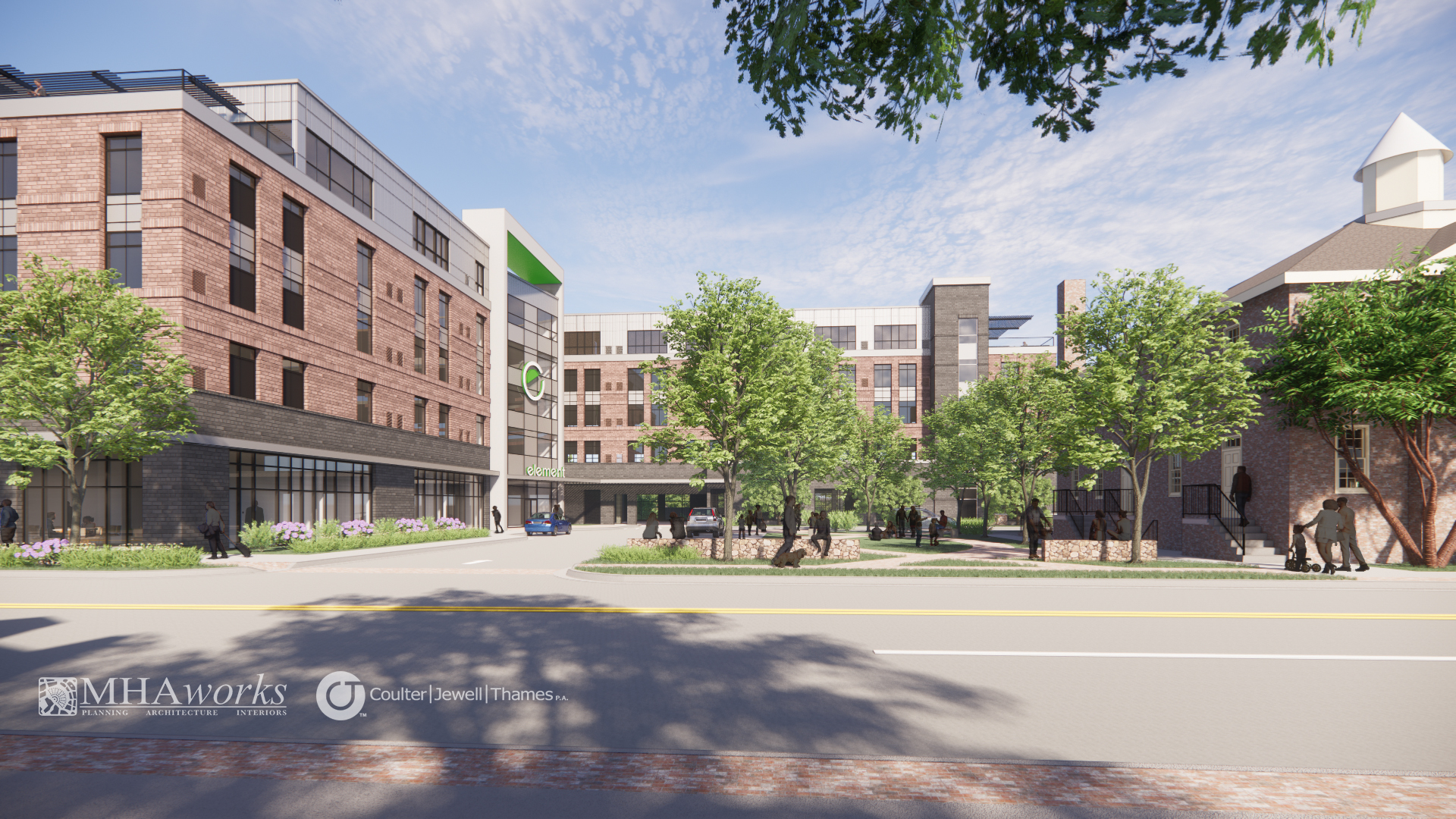
Chapel Hill Advisory Board Recommends W. Rosemary Hotel to Town CouncilThe Town of Chapel Hill’s Community Design Commission recently reviewed concept plans and recommended approval of a new hotel, proposed for 108 West Rosemary Street.
![]()
On Air Today: Aaron Nelson and Dwight BassettThe Chamber for a Greater Chapel Hill-Carrboro held its latest edition of the 2021 Critical Issues Series on Thursday. With a focus on economic development, a panel discussed various projects underway around the downtowns of Chapel Hill and Carrboro. To share details, President and CEO of the Chamber Aaron Nelson and Town of Chapel Hill Economic Development Officer Dwight Bassett join 97.9 The Hill.
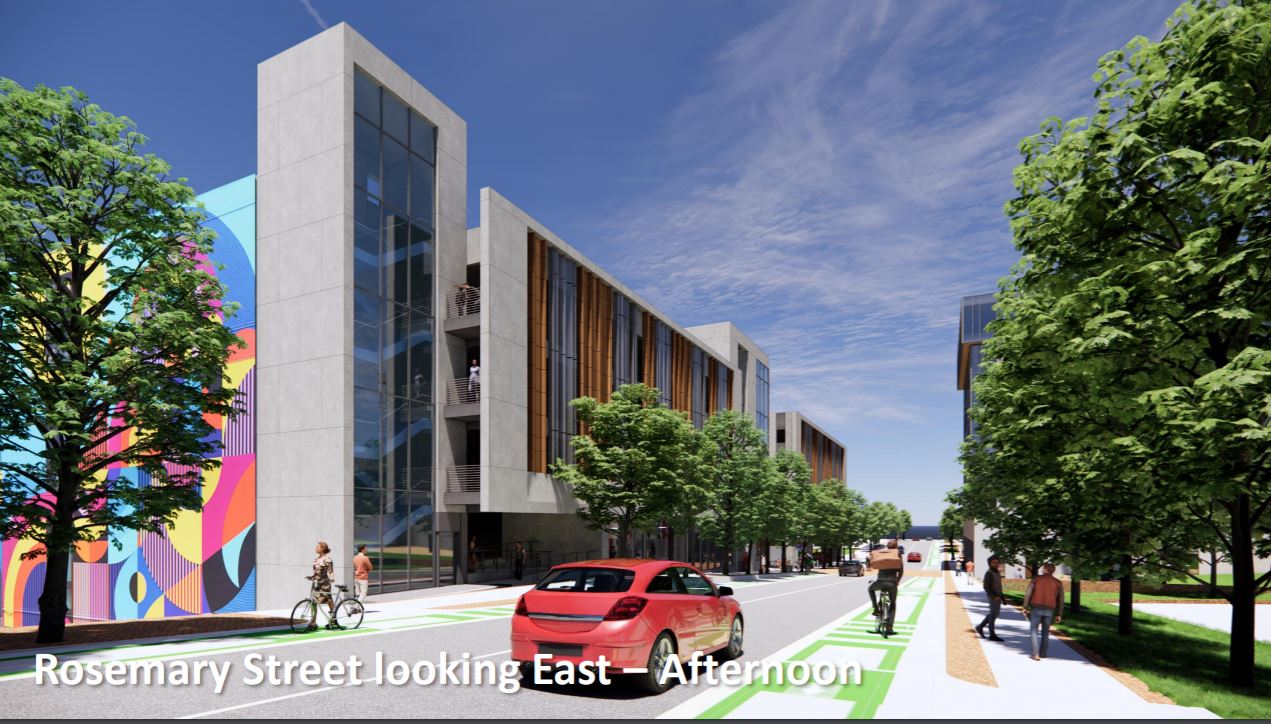
East Rosemary Street Development to Begin Demolition in JuneThe East Rosemary Street development is just a few weeks away from initial construction – with demolition expected to begin in June.
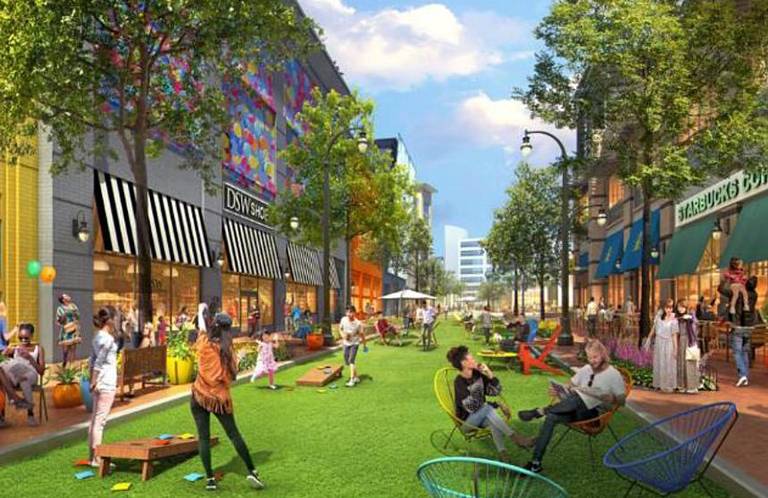
University Place Owners Look to Transform 'Dying' Mall With Redevelopment PlanAt the Chapel Hill Town Council’s latest meeting, council members opened a public hearing regarding the University Place redevelopment.
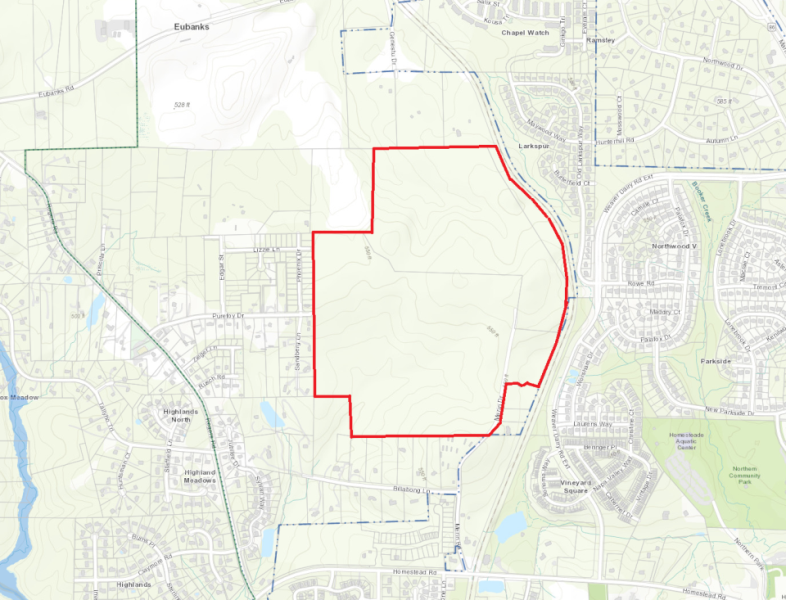
Orange County Governments Move Forward With Greene Tract Land PlansAt their respective meetings Tuesday and Wednesday night, the Orange County Board of Commissioners and the towns of Chapel Hill and Carrboro approved an Interlocal Agreement regarding the current and future use of the jointly owned Greene Tract.
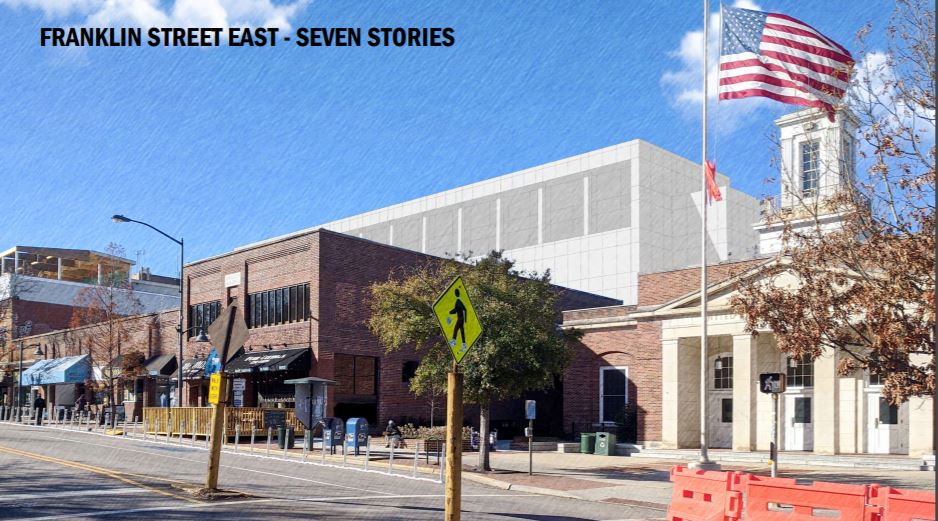
Town of Chapel Hill Discusses Height, Design of E. Rosemary Street DevelopmentAt their meeting earlier this month, the Chapel Hill Town Council received an update and presentation on the long-awaited East Rosemary Street development.
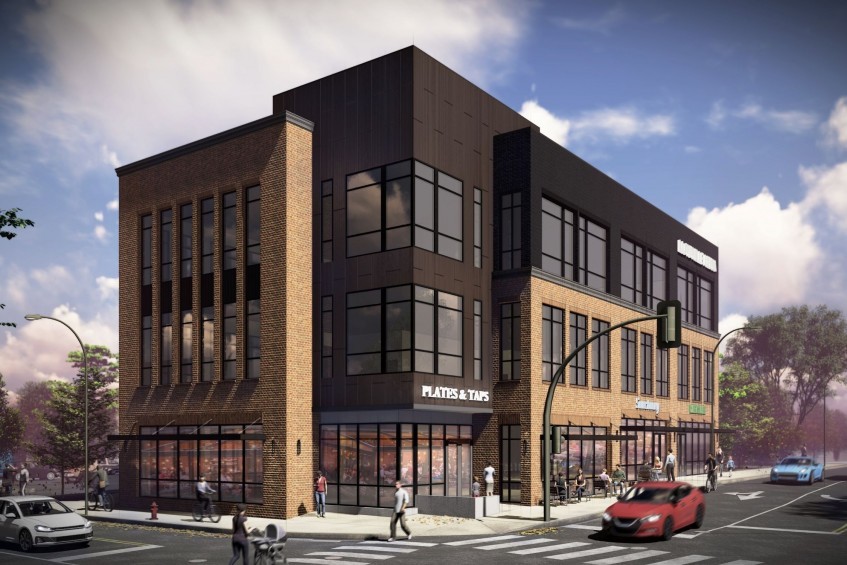
Chapel Hill Developer Looks to Build Mixed-Use Project on Carrboro's North Greensboro StreetCarrboro residents may remember more than eight years ago when a group of anarchists took over an abandoned lot on North Greensboro Street during the height of the Occupy Wall Street movement. Before then, the site was the center of community controversy when nearby neighbors contested the land being rezoned for the development of a […]
›










